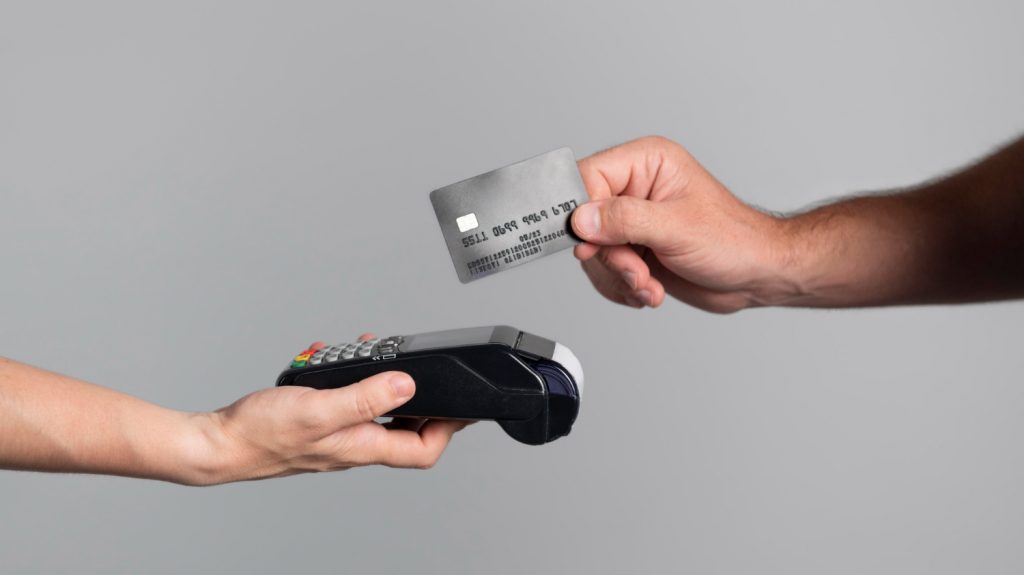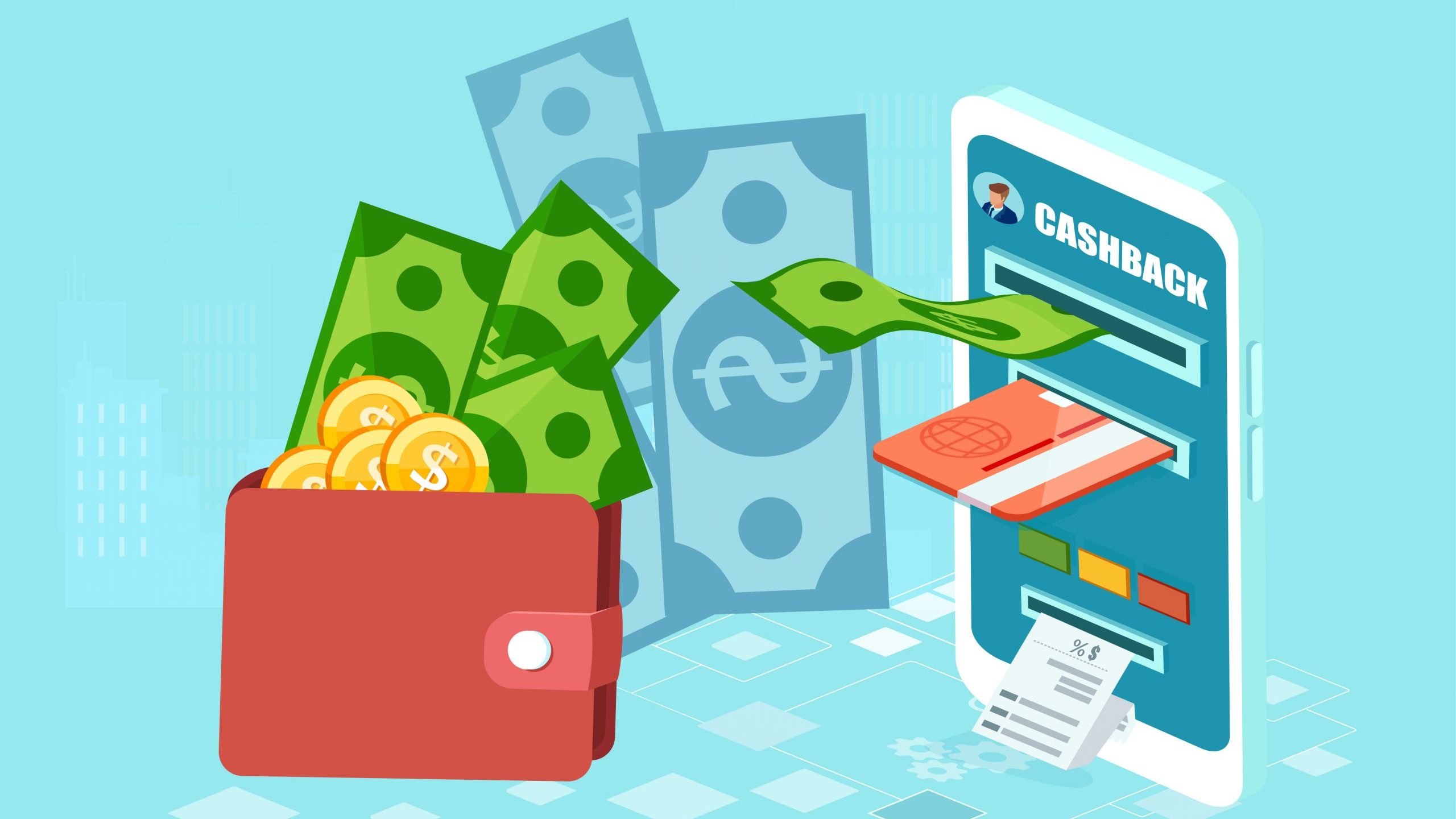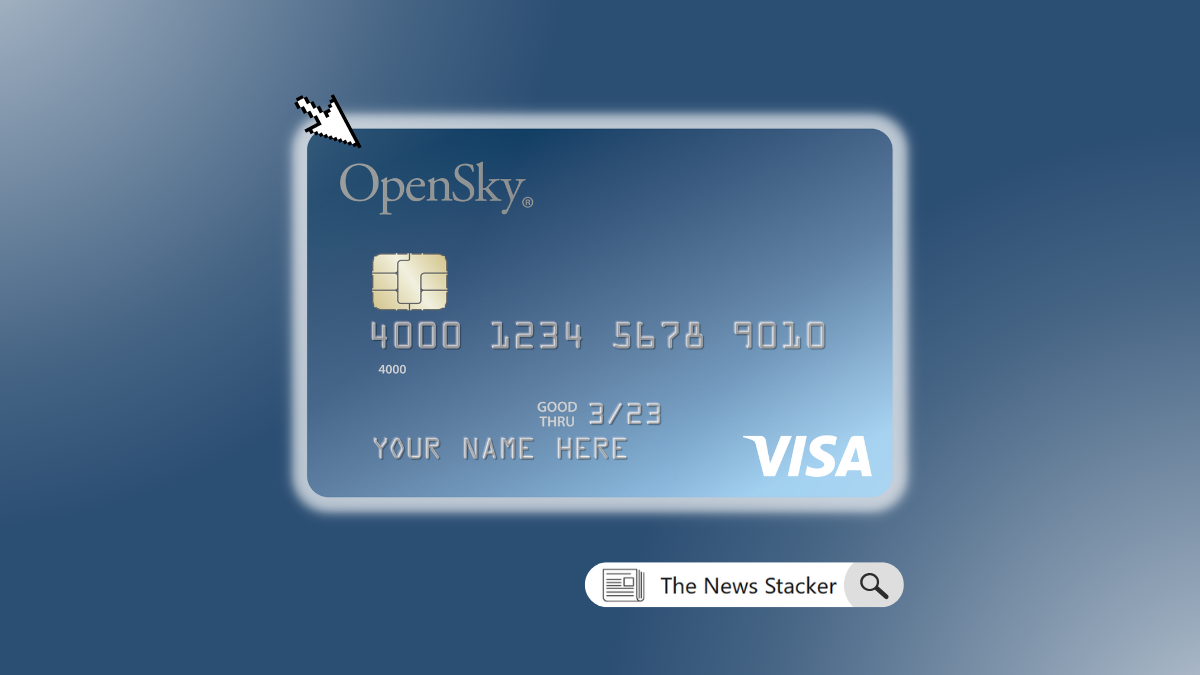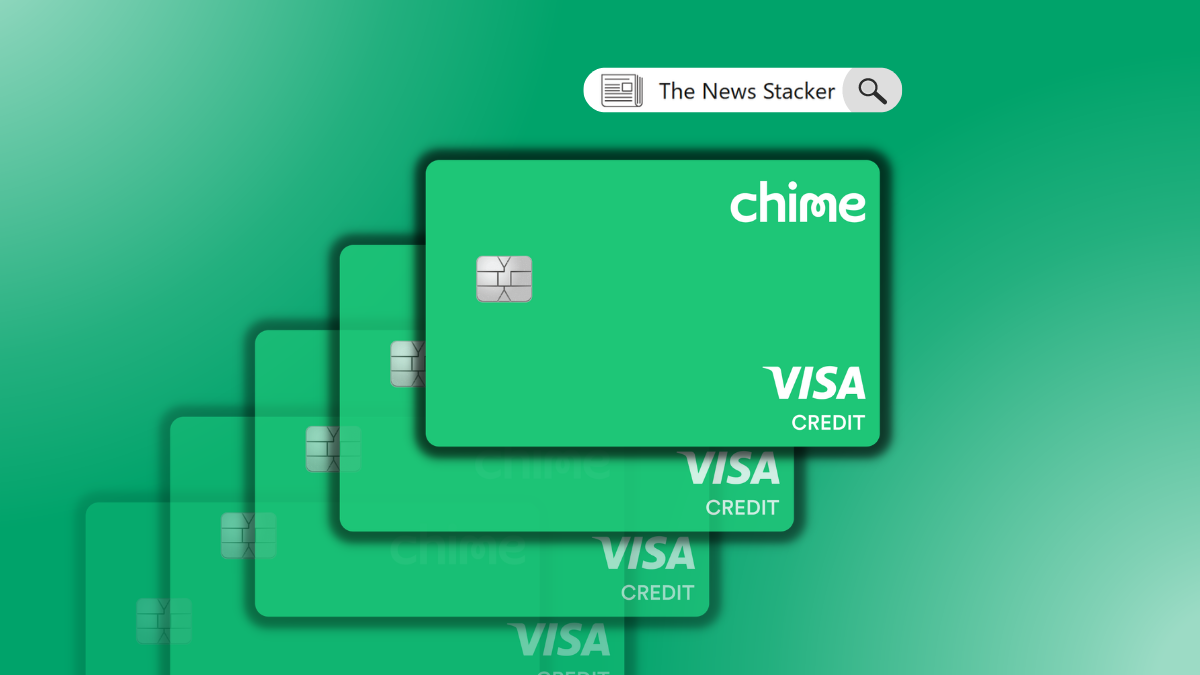Finances
Switch from a credit card to a debit card to control your spending
Credit cards are a great financial tool for emergencies and big purchases, but they are also dangerous if you have a problem with overspending. Check below to learn why you should consider using your credit card less and your debit card more.
Advertisement
Learn how to manage your finances better by using your credit a little less

A credit card can be a powerful ally in your finances as much as a debit card. Not only is it a convenient way to pay for purchases online and in stores.
It also provides purchasing power for big-ticket items you wouldn’t be able to afford otherwise.
But have you considered how much more you spend on a credit card than a debit card?
Credit card companies entice consumers to use their products more frequently with the promise of rewards and bonuses.
However, the convenience and perks of these cards come with some risks. The most common being high finance charges on carried balances.
With how inflation is going in the country, interest on credit card debt is higher than ever before. Not only that, but the risk of overspending could be just as brutal.
Several types of research across the years have shown that credit cards are partially responsible for consumers spending more than they have.
If you’re looking for ways to cut back on expenses and manage your money better, switching your credit card to a debit card is a good start.
Keep reading to learn why using your credit card less can help you save a lot of money in the long run.
Why use your credit card less and your debit card more?

Credit cards and debit cards are both good forms of payment at most stores. However, there are some distinct advantages to using a debit card instead of a credit card.
One reason to use your debit card more is that it can help you avoid debt.
Credit cards allow you to borrow money from a lender and then pay that money back over time with interest.
Debit cards, on the other hand, have a direct link to your bank account. This means that you can only spend the money that you already have.
Making a purchase and seeing the money you have on your account instantly drop can counter the urge to spend more.
Buying something with a credit card instead of a debit card delays the payment and decouples the purchase from it.
That makes it psychologically easier to spend more than you can actually afford, which usually leads to debt.
It’s simply easier to keep track of your spending when you’re using a debit card. With a credit card,you can lose track of how much you’ve spent and end up with a large bill at the end of the month.
Additionally, debit cards do not typically come with the same perks as credit cards, such as rewards points or cash back.
However, this can actually be a good thing, as it can help you to focus on paying off your debts rather than accumulating more debt in pursuit of rewards.
You will be redirected to another website
By submitting this form, I agree that I am 18+ years old and I agree to the Privacy Policy and Terms and Conditions. I also provide my signature giving express consent to receive marketing communications via automated emails, SMS or MMS text messages and other forms of communication regarding financial products such as credit card and loans. Message frequency varies and represents our good faith effort to reach you regarding your inquiry. Message and data rates may apply. Text HELP for help or text STOP to cancel. I understand that my consent to receive communications is not a condition of purchase and I may revoke my consent at any time.
Credit card purchases aren’t as obvious as debit card purchases
Credit cards can be a helpful financial tool when used responsibly. However, it’s important to be aware of the potential dangers of using credit cards too frequently.
One of the main dangers is that credit card purchases aren’t as obvious as your debit card purchases.
When you use a debit card, you typically see the total amount you spent appear shortly on your account.
However, when you use a credit card, your purchase isn’t finalized until you receive your monthly statement. This can make it easy to lose track of how much you’re actually spending.
In addition, credit card companies often charge interest on your outstanding balance.
This means that if you only make the minimum payment each month, you could end up paying far more than the original purchase price.
It’s all too easy to swipe without really thinking about it, and before you know it you’ve racked up a hefty bill.
When should you prioritize a credit card over your debit card?

There are a few instances when using a credit card is better than using a debit card. One instance is if you are planning on making a large purchase.
Debit cards are linked directly to your bank account, which means that if you spend more money than you have in your account, you could end up being charged overdraft fees.
If you’re going to make a purchase from an unfamiliar vendor, using a credit card can give you some extra protection.
If you use a debit card and the vendor turns out to be fraudulent, you could end up having money stolen directly from your bank account. Credit cards offer that extra layer of security against fraud.
If you have a problem with a purchase made on a credit card, you can dispute the charge with your credit card company.
However, if you have a problem with a purchase made on a debit card, you may have more difficulty getting your money back.
Finally, credit cards can also help you build your credit score, which can save you money in the long run.
So, while it’s generally advisable to use debit cards for everyday purchases, there are certain situations where using a credit card may be the better choice.
Another alternative to consider: prepaid cards
Essentially, a prepaid credit card is a type of debit card that is loaded with funds in advance.
This means that you can only spend the money that you have already deposited onto the card. In many ways, prepaid credit cards function like regular credit cards.
They can be used to make purchases online or in stores. They typically come with a PIN number for added security. However, there are some key differences between prepaid credit cards and regular credit cards.
For one thing, prepaid credit cards are not linked to a bank account or line of credit.
This means that you will not be able to go into debt with a prepaid card. Additionally, prepaid cards often have lower fees than regular credit cards.
Finally, most prepaid cards do not offer rewards or cash back programs.
Prepaid Credit Cards can be a great tool for budgeting or for people who have bad credit and cannot qualify for a regular credit card.
When used responsibly, they can help you stay on track financially.
Do credit card rewards make you spend more?
While on the subject of switching your credit card to a debit card, one factor that might help with overspending is the idea of getting rewards.
But is that always the case? Check the link below to learn the undeniable truth and the myths surrounding rewards credit cards.

Do credit card rewards make you spend more?
Getting rewards for spending your money is great, but do credit card rewards make you spend more? Keep reading to find out!
Trending Topics

AMC Theatres charging extra for better seats
In an effort to increase revenue, AMC Theatres will begin charging movie tickets based on the customer’s preferred seat location.
Keep Reading
50th birthday gift ideas for someone special
Are you stumped on what to get for someone who seems to have everything? Check out our list of 50th birthday gift ideas for some inspiration!
Keep Reading
See how to apply for the OpenSky® Secured Visa® Credit Card
Wondering how to apply for the OpenSky® Secured Visa® credit card? This step-by-step guide will show you how easy it is!
Keep ReadingYou may also like

Common skin care mistakes you need to stop making
Find out the most common skin care mistakes that people make and how you can avoid them yourself for healthier and younger skin.
Keep Reading
What’s the difference between being rich and being wealthy?
Once you read this post to learn the difference between being rich and wealthy, you will look at your finances in a different and better way.
Keep Reading
Chime Credit Builder Visa® Credit Card review
Don't let bad credit hold you back. The Chime Credit Builder Visa® Credit Card is designed to help you rebuild your credit history!
Keep Reading